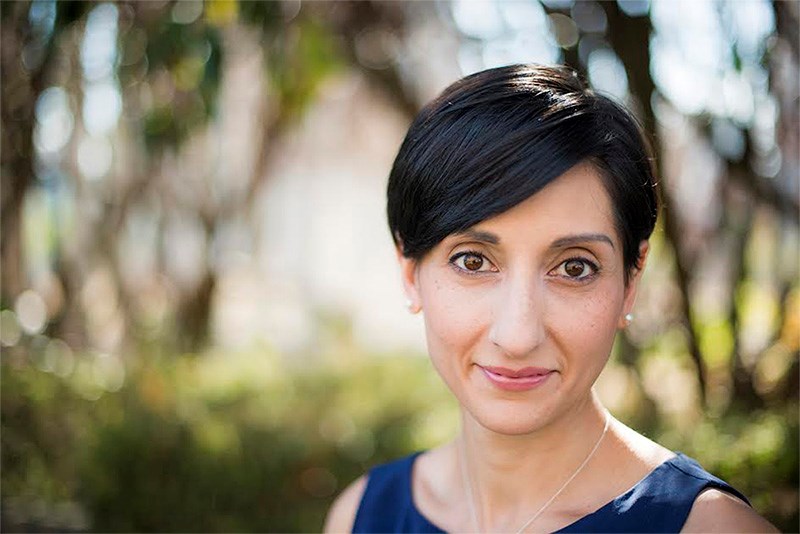A clinic that provides support and prescriptions for people suffering from opioid addiction who are seeking recovery is open in Port Moody.
The clinic, located in Fraser Health offices at 220 Brew St., has been operating for a number of weeks and is a critical step in dealing with the region’s opioid overdose crisis, officials say.
Dr. Sharon Vipler, Fraser Health’s division lead for addictions medicine, said the clinic is open daily during the week and appointments or doctors' referrals are not needed to get help.
“The aim is to be as low barrier as possible. They can show up, they can call, they’ll have access to a client support worker or a nurse depending on the clinic and in most cases we will start them on therapy as soon as possible,” Vipler told the Tri-City News this week.
The idea of providing addiction therapy, such as suboxone or methadone, grew out of research that found that people are dying of opioid overdose in their community, not on the street in some far-off location, so providing treatment close to home seemed a logical approach to deal with the growing problem of opioid addiction.
Clients typically show up and meet with a physician to get a prescription, which is then filled by a local pharmacy, with the patient taking the dose — an oral liquid for methadone and a pill for suboxone — on site under supervision.
In Port Moody a physician is available three days a week but if the person needing help wants a prescription for opioid agonist therapy (OAT) immediately, arrangements can be made to get help at another clinic.
This week, Fraser Health is announcing clinics have also opened in White Rock and Langley in addition to eight already operating in Fraser Health: Abbotsford, Burnaby, Maple Ridge, Chilliwack, Mission and Surrey.
Since clinics opened last fall, people have been connected to treatment 1,300 times, according to a Fraser Health press release.
'STARTLING'
Vipler said the changes wrought by the OAT medicines are startling.
“People stabilize quite quickly. It’s the best part of my job. You see a different person at the end of the day. If that doesn’t give you chills, there’s very little that can.”
People with an opioid use disorder are typically using illicit drugs, such as heroin or fentanyl, or prescription opioid painkillers.
“When they start, they feel high but very quickly you enter into that withdrawal cycle....That feeling is so awful. The brain says, 'if I use opioids I won’t have that terrible, awful feeling,'” Vipler explained.
She said methadone and suboxone, which goes by the generic name buprenorphine/naloxone, sit in the brain’s opioid receptors to block that withdrawal process and tame the cravings.
“That part of the brain can go to being quiet and the other parts of the brain that were on standby can start to work,” Vipler said.
When people are stabilized on suboxone or methadone, they can then start dealing with other issues, such as housing, work and other elements of their life.
According to Fraser Health, over time, opioid agonist therapies enable a person to get further substance use treatment, and they are less inclined to fall back into using illicit substances. Their risk of acquiring HIV or fatally overdosing is also reduced.
Noting that stigma is problem that sometimes stops people from seeking treatment, Vipler said it’s important for the community to support these kind of initiatives because they are necessary to reduce the harm from opioid abuse.
“We know people are dying in these communities, which means they are living in these communities and they are there right now, I think a lot of stigma comes from not a lot of understanding.”



